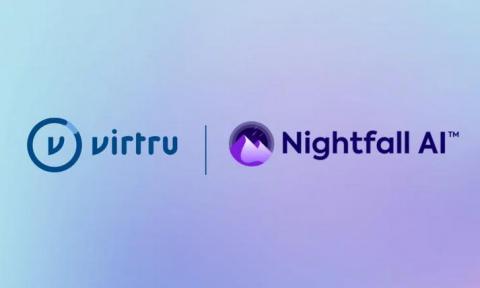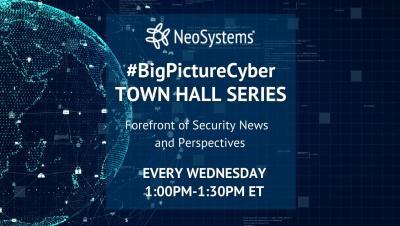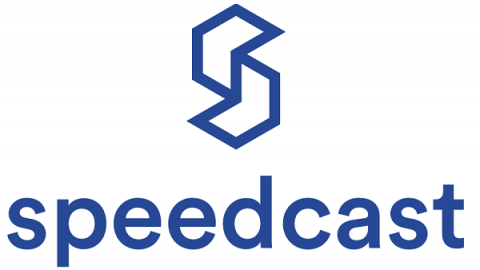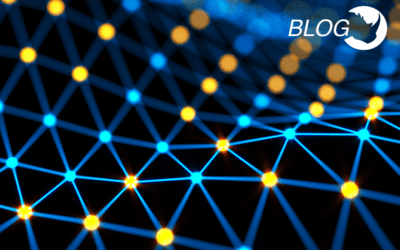Virtru Partners with Nightfall to Deliver Intelligent Email Encryption for Data Security & Compliance
We’re excited to announce that Nightfall is partnering with Virtru, a renowned leader in email and SaaS encryption, to provide customers with an encryption solution for securing PHI in Gmail and Google Drive. Combined with our existing Google Drive data loss prevention (DLP) integration, this new solution will provide fully integrated compliance and security coverage for Google Workspace.











